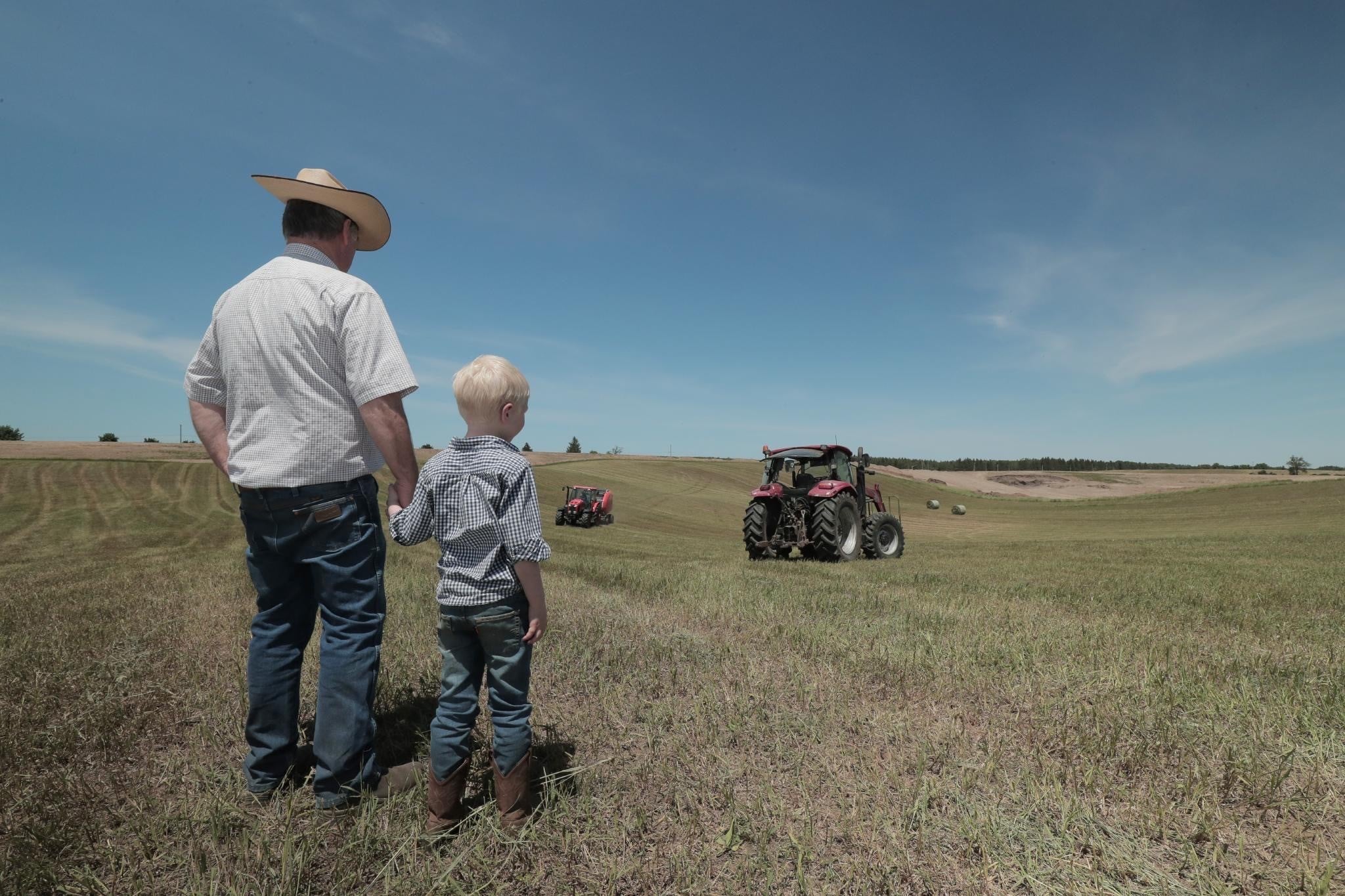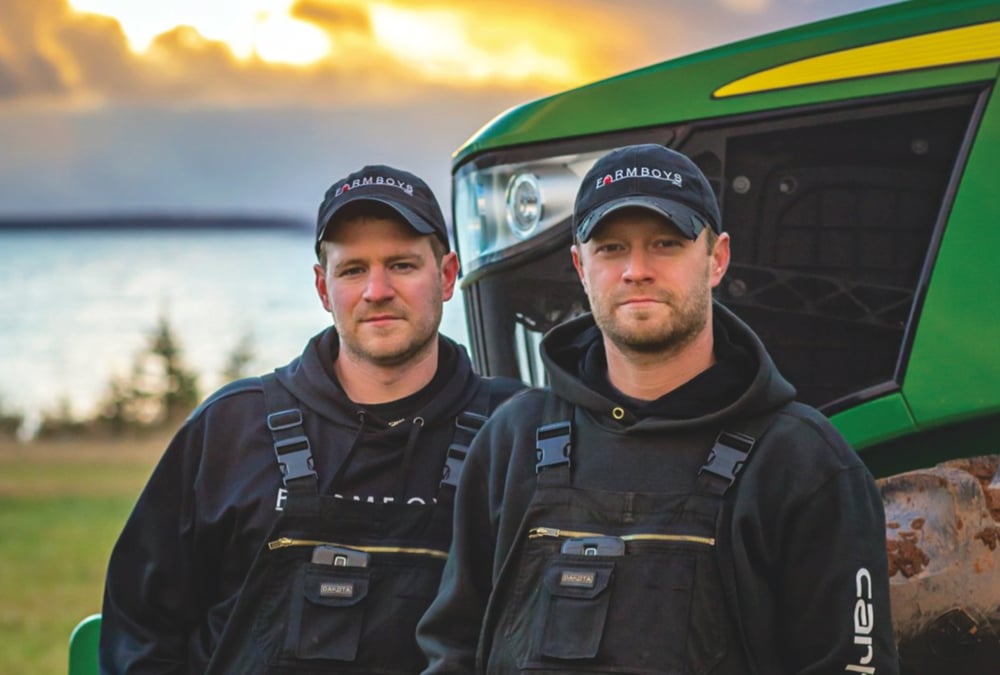Over his career as a professor at Virginia Tech University and as a farm economic guru, David Kohl has seen some epic farm failures. But he has also admired farmers who have survived and even thrived during tough times.
With the recent drop in grain and oilseed prices, some midwestern farmers are once again treading water in the bottom of the trough, and there are reports of some big farms sinking toward bankruptcy.
Kohl says resilient farmers crunch the numbers and make the tough decisions, instead of just relying on expanding to improve gross income. “More money will be made behind the computer and pushing the pencil with an eye on the production component than producing your way to profitability,” he says.
Read Also

Where convention and innovation meet
How one Ontario farm is integrating technology into their beef operation.
In the short-term, one way Kohl recommends for getting a handle on operating expenses is to renegotiate leases and consider using flex-lease agreements tied to margins.
It’s also time to look closely at your input costs and at pre-booking savings. The upper tier of profitable businesses seem to be spending $50 per acre less, on average, than the lower tier, according to the University of Minnesota’s FINBIN data.
Also in the FINBIN data is a pretty clear indication of how family living expenses can have an impact on a farm’s bottom line. The top profit segment of farms in the data reduced family withdrawals by more than $25 to $30 per acre last year.
Farm family spending has been on the rise. In 2006, family living averaged about $50,000, but nine years later the same category was over $90,000.
Kohl says it’s better to have an honest conversation with family about budgets and credit cards before it becomes a problem.
During low margin times, the top-level grain and oilseed farmers reduce their capital investments, specifically on machinery and equipment, says Kohl. In addition, they’ve already diversified and invested when they had excess cash flow, and that’s paying back now. “Shed unproductive assets,” recommends Kohl.
In the longer term, marketing successfully through turbulent times means being prepared to seize profits when they appear, instead of waiting for the largest profit margin possible, which may never come.
But Kohl says it’s not all about hedging and buckling down; it’s also about being prepared for opportunities. “Producers have many opportunities to seize greater control of their destiny by using good old-fashioned business planning,” says Kohl. “This starts by exploring why you are in business, where your business is now, and where you want it to go in the future. One must plan not only for the next two years, but also the next decade.”
Kohl adds that a well thought-out plan for success allows you to better communicate what you’re thinking, planning and anticipating. Because of that, you can present a more favourable case to lenders, accountants and investors, and you’ll be better positioned to take advantage of opportunities as they arise.
With the volatile economic times, beginning and established farmers both need to test their business plans against “what if” scenarios. Start with the operating budget and establish a broad set of assumptions, such as prices, costs, interest rates, and currency exchange rates. Blend these scenarios together to create the most likely situations and then develop strategies for what to do in each situation.
It might also mean looking at land purchases and leases, especially since 70 per cent of American farmland is expected to change hands by the year 2025 because of age demographics in the sector, says Kohl.
“The land ownership structure of agricultural businesses in the future will be much different than that of traditional farms, including rent and lease of land and other assets, and strategic alliances with major players in the industry,” Kohl says. “Many producers will control assets rather than owning them.”
But he says managing debt is more imperative than growth. Borrowed capital should provide needed working capital reserves for growth, instead of just constraining the business and flexibility.
“Big is no longer the key to success,” says Kohl. “Get efficient before you get bigger.”
Also keep a clear head when dealing with stressful situations. “Find ways to improve and maintain good physical health,” adds Kohl. “The strengths of the mind, body and spirit are the most important components in your business plan and in life.”














